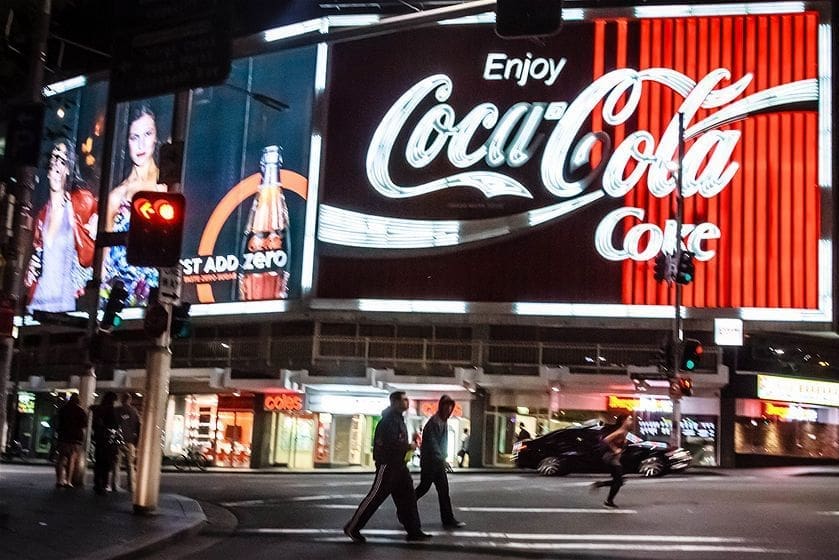
After months of hoping and waiting, a vaccine for COVID-19 is about to arrive in Australia. A handful of Australians are expected to have received their first Pfizer jab by the end of February.
The logistical challenges of vaccinating millions is not the only problem the Australian Government will face in coming months. Law makers and employers must also decide whether the COVID vaccine will be mandatory.
Can the government make vaccines mandatory?
The Federal Government does have legal grounds to make vaccines mandatory for all Australians, provided it is proven safe and effective. Australians would have little room to protest such a mandate under the Federal Biosecurity Act, which provides penalties for breaching Orders.
While Prime Minister, Scott Morrison, claimed the vaccine would be “as mandatory as you can possibly make it” in August, he later rescinded his comment and claimed it would be “encouraged.”
Vaccination could become a precondition for receiving government-funded services such as aged care, education and even border protection conditions. Like the “no job, no play” policy introduced in NSW in 2017, parents who do not vaccinate their children may be unable to enrol for childcare, or access family tax benefit payments and subsidies. Details of such a policy remain unconfirmed.
Whether Australians will be required to get the COVID vaccine as a prerequisite to travel will be determined imminently.
Can employers make vaccines mandatory?
Contracts of employment require employees to obey the lawful and reasonable directions of their employer. However, in such an unprecedented time, what is deemed “lawful and reasonable” is increasingly ambiguous. It can also vary between workplaces.
For example, it would probably be considered lawful and reasonable to require a childcare or aged care worker to get vaccinated. Some jurisdictions may even pass legislation to require employees in health and care sectors to be vaccinated with the COVID jab.
If you would like to discuss anything further with our experts at Freedman & Gopalan Solicitors, call us on 02 8999 9837.
 The NSW Government is set to scrap lockout laws in Sydney’s Kings Cross in a bid to revitalise the night-time economy.
The NSW Government is set to scrap lockout laws in Sydney’s Kings Cross in a bid to revitalise the night-time economy.
The controversial lockout laws, which were introduced in 2014 to quell alcohol fuelled violence, will be lifted as of 8th March 2021.
Venues in the area will soon be able to accept patrons after 1.30am and serve drinks in glasses, rather than plastic cups. The ‘last drinks’ rule will remain but will be moved to 3.30am.
The lockout laws were implemented by former Premier, Barry O’Farrell, after two Sydney teenagers were killed in one punch attacks. While violence in the area has since declined, a 2019 parliamentary inquiry found NSW may have been be foregoing up to $16 billion in economic activity as a result of the laws.
The controversial changes follow NSW Premier, Gladys Berejiklian’s, vow to revive Sydney’s “vibrant night-time economy.” Berejiklian told the Sydney Morning Herald that she expected the adjustments would allow Kings Cross “to continue to evolve into a vibrant lifestyle and cultural destination.”
While the Premier moved to ease restrictions in Sydney’s CBD and Oxford Street in January 2021, lockdown laws remained in Kings Cross on advice of law enforcement and health authorities.
Independent MP for Sydney, Alex Greenwich, welcomed the new conditions, telling the NewDaily that the area had changed since 2014 when lockout laws were introduced.
“The 24-hour beer barns are gone, and a more sophisticated dining, small bar, and entertainment offering is ready to thrive,” he said.
In an economy damaged by government restrictions and COVID constraints, these changes could well be the kiss of life for Kings Cross.
If you would like to discuss anything further with our experts at Freedman & Gopalan Solicitors, call us on 02 8999 9837.
